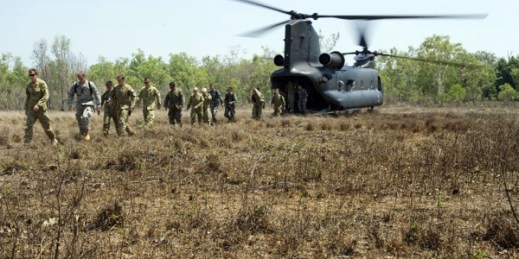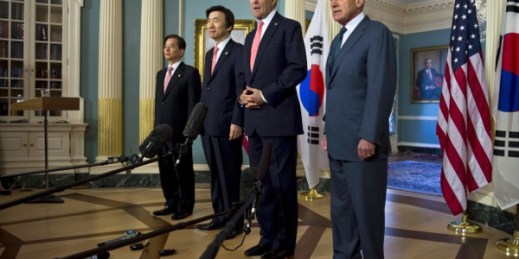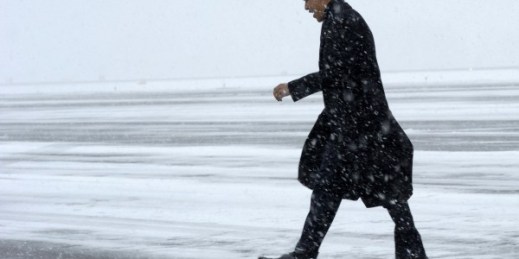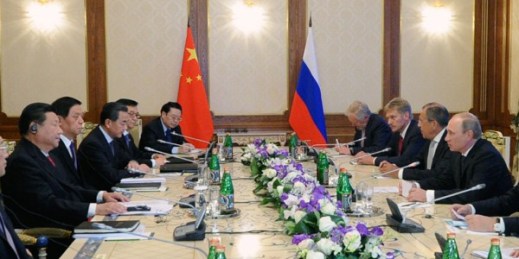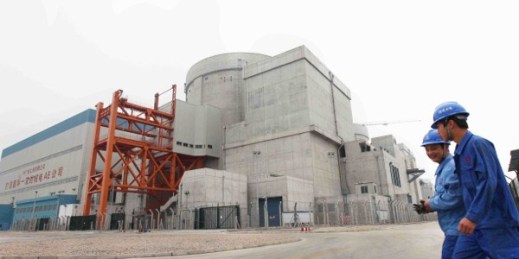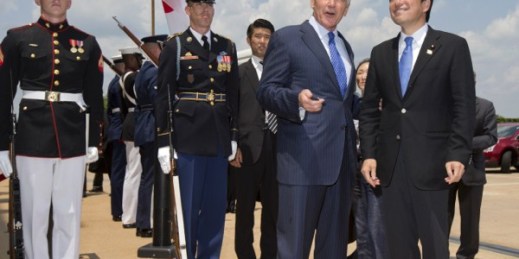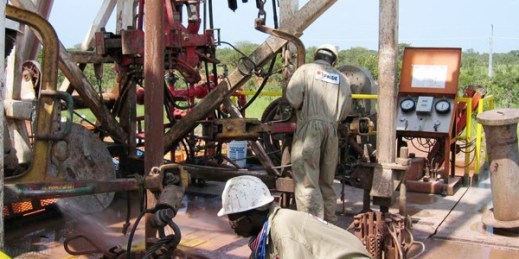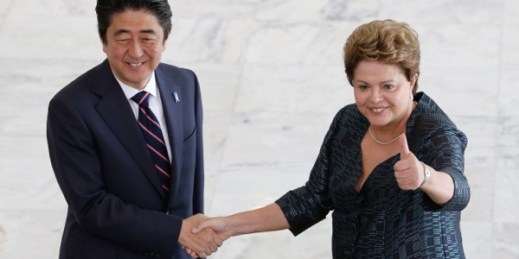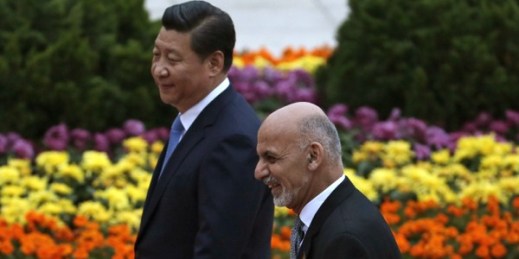
As a former World Bank official, Columbia University academic and Afghan minister of finance, newly elected Afghan President Ashraf Ghani faces high expectations to turn his country’s war-torn economy around. Having actually written the book on fixing failed states, he now faces the challenge of putting theory into practice. Ghani’s deep skepticism of the merits of foreign aid and extractive industries positions him well to avoid the pitfalls of putting either at the economy’s helm. While aid levels will likely decline as foreign troop numbers continue to dwindle, Ghani’s real challenge will be nurturing Afghanistan’s fragile minerals sector while managing […]

